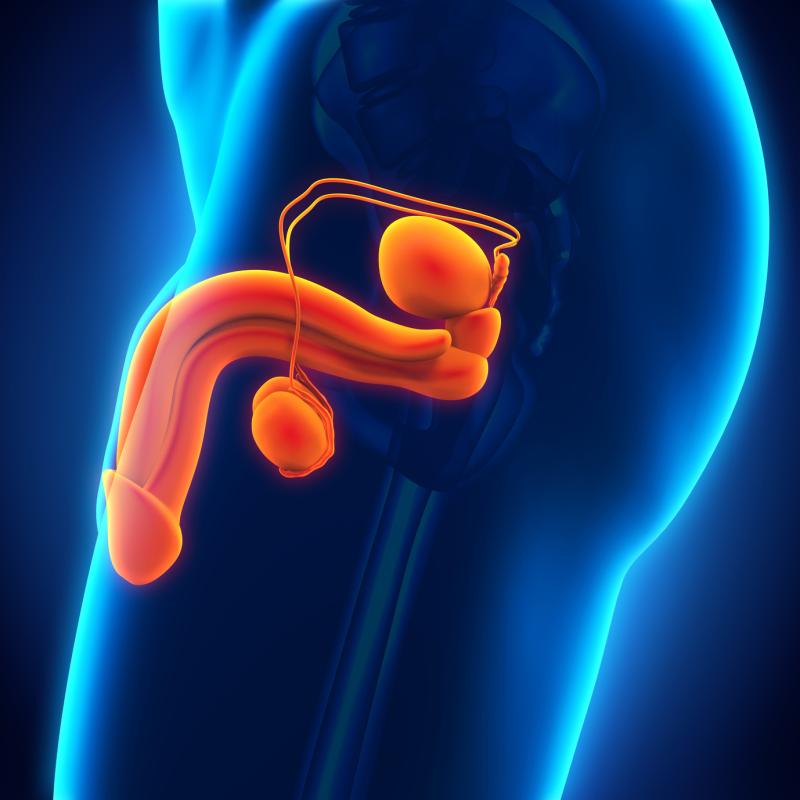Lack of Sexual Desire
It is the state in which a person does not feel interest or desire for sexual intercourse or sexual activities. Lack of sexual desire It can be seen in both women and men. Many factors such as stress, depression, hormonal imbalances and relationship problems can lead to this condition. It can negatively affect the person's quality of life and their relationship with their partner. Therapy or medical support may be required for treatment.
What are the symptoms of sexual reluctance?

Behaviors that avoid sexual intercourse with a partner may become more common. Difficulty becoming sexually aroused or aroused, or not being aroused at all. This can make it difficult to be sexually aroused, both physically and emotionally. A decrease in the desire for emotional and physical closeness with a partner.
Feeling unwilling to have sexual intercourse. The inability to derive pleasure from sexual intercourse or to find sexual activity unsatisfactory. The inability to enjoy sexual intercourse is a common symptom of reluctance. Women experience a lack of vaginal lubrication, and men experience difficulty achieving or maintaining an erection.
Lack of sexual desire Sometimes it can be a symptom of psychological conditions such as depression, anxiety, stress. These feelings can directly affect a person's sexual desire. It is important to get support from a specialist as it can affect the individual's quality of life.
What Causes Lack of Sexual Desire?
Hormonal changes, especially in women, can be caused by menopause or postpartum. In men, drops in testosterone levels can reduce desire. Stress, workload or personal problems experienced in daily life can have negative effects on sexual desire.
Communication problems with the partner, lack of trust or weakening of the emotional bond reduce sexual desire. Some physical health problems such as diabetes, heart disease, obesity also negatively affect sexual desire. Antidepressant and antihypertensive drugs sexual reluctance causes it to happen.
Depression or low self-esteem can cause an individual to feel unattractive sexually. Past sexual traumas or bad experiences can negatively impact sexual desire. If this situation is not addressed, the reluctance can become permanent.
Chronic fatigue and lack of sleep reduce physical energy and sexual desire. These reasons may vary from person to person. The combination of multiple factors makes the problem even more complicated. If this situation continues for a long time, it may be useful to get support from a specialist.
How is Lack of Sexual Desire Treated?

Hormone therapy can be used to increase sexual desire in such cases. Also, medications used for depression and anxiety, sexual reluctance It has a positive effect on. Healthy eating, regular exercise and managing stress can increase sexual desire. It is also recommended to limit smoking and excessive alcohol consumption.
Sex education is an important step in overcoming a loss of sexual desire. Understanding sexuality well helps people feel comfortable with themselves. Couple therapy is used to improve the quality of communication in a relationship and help couples understand their needs.
Strengthening the emotional bond between partners contributes to increased sexual desire. In some cases, alternative treatment methods such as acupuncture and yoga are also useful in increasing sexual desire. In addition, herbal supplements that increase sexual desire can be used under the supervision of a doctor.
Lack of sexual desire, It is a complex and individual problem. Therefore, it is important to plan the treatment process specifically for the individual. Before starting treatment, the most effective approach would be to consult a specialist to determine the correct diagnosis and treatment method.






